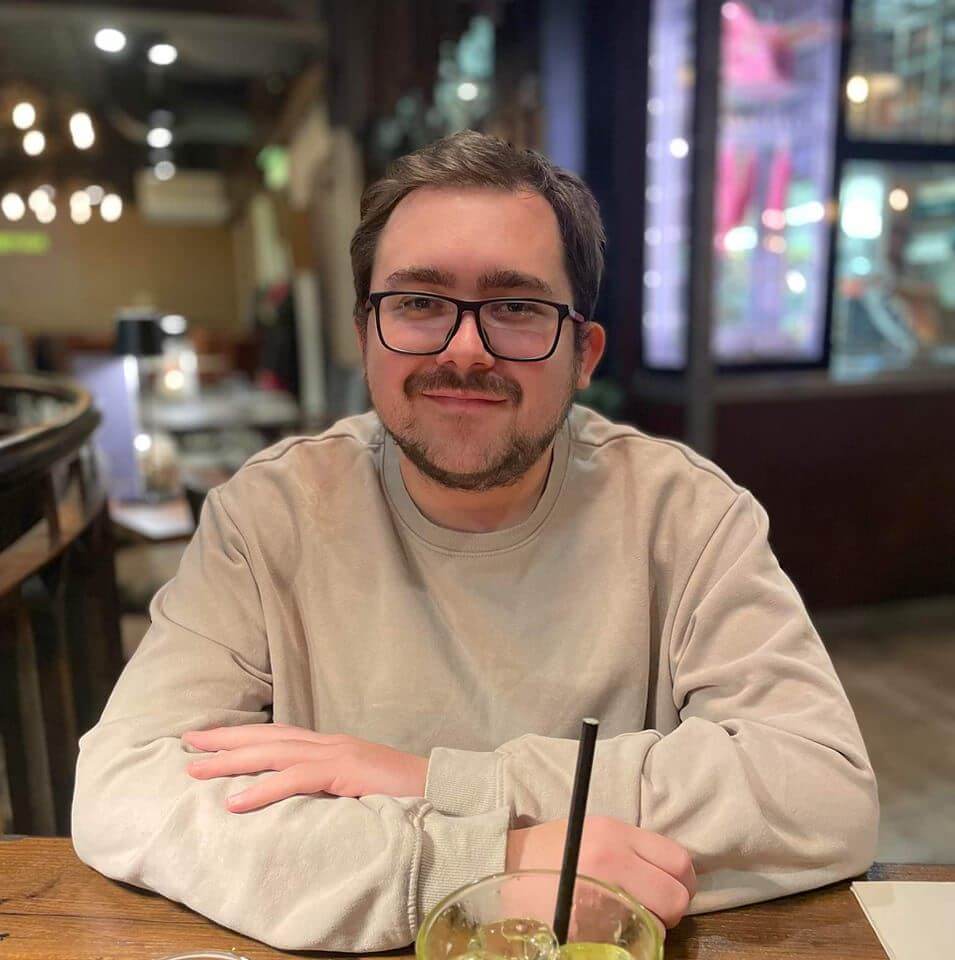Anxiety. The word itself induces the uncomfortable feeling. Uncertainty, fear, worry, however it manifests itself. Many people suffer from anxiety disorders of different kinds, and it can both make and break you. I acknowledge that every person’s experience is different, but in my case, I am using anxiety as my superweapon.
Fierce Anxiety at College
At the end of my school career, anxiety (and depression) began to take hold, which at the time was new and unknown. It made me physically ill with no explanation after all the blood tests that I had done. It contributed to the failure that ensued during my A-levels. At that point I thought my university dreams were coming crashing down.
I took the leap to go to a college to undertake a BTEC (further education qualifications) instead of redoing the year of school. It felt like I was never going to make it, while I was watching my school friends leave and go off to university whilst I was pushing through college to hopefully get my chance. College went smoothly for the first year, but part way into my second year the anxiety and depression returned fiercely. This time I could not make it into college for over a month. I was bedridden by the lack of energy from the depression, and overthinking the possibility of failing once again as a result. It was a tough patch to get past, but I made it through with the help of the amazing faculty that supported me throughout.
Fighting Back & Acceptance
I was formally diagnosed at this stage, and it allowed me to make sense of what I was feeling. For the first time I could fight back using medication, therapy, and techniques I learnt from the latter. I made it into university to study microbiology (a love I developed in college which, looking back on now, I may have never found without the failure of my A-levels).
My undergraduate studies went smoothly enough. My anxiety would resurface sometimes but was under much greater control than previously. Something I have learnt to accept is that anxiety will bubble up occasionally no matter how well controlled, but that acceptance has allowed me to embrace the challenge and step back for a breather when something gets too much.
Love of Research
I went on to study for a research master’s degree in microbiology. This was already further than I thought I would ever achieve, and I was thankful for the opportunity to focus on a research-based course. I had always wanted to do a PhD but was sure that the work would be too much for myself to handle. It was during this year that I realized I loved research too much to let it go. The thrill of finding something new was too great.
I took a break from education for a while to work in the NHS during the pandemic and the aftermath. I loved my time there and will always be interested in the clinical side of microbiology. However, it was not allowing me to get the same excitement I got from research. I took the leap back into academia and was given an industry-funded PhD by my current supervisor (who has been outstanding). It was during my first year that I learnt to use my anxiety as a superpower.
Anxiety Superpower
The overthinking caused by anxiety helped leave no stone unturned in my research. I would (and still do) spend most of my time thinking about my research – what experiments I could do, how I could optimize my methods, the possible implications of data. I have used the overthinking that my anxiety has cursed (or gifted) me with to further myself. This is not to say it is plain sailing. Of course, there are days my anxiety will get the better of me, but overall, it has been a helpful tool for me thus far in my PhD.
Anxiety Techniques
I use anxiety–reducing techniques that I’ve learnt to help me before a presentation or key milestone. The first technique is to almost let the anxiety wash over me. Going back to the acceptance I now feel about anxiety, I let the feelings happen rather than wrestling with them.
Following on from this, another technique is to take a moment to think about the situation I’m in. I am safe, there is nothing that can feasibly cause me harm in this environment. I repeat this thought (or similar) in my head, and use tried and tested breathing techniques. I find controlling my breathing gives me a sense of control, and slows my body’s fight or flight response, reducing my feelings of anxiety. Lastly, I will focus on something that takes my attention away from the feelings. Sometimes I may play chess on my mobile phone, or use a grounding technique and cycle through things in the room – things I can see, hear, or smell. Not all of these techniques are necessarily recommended by professionals, but they have helped me and continue to help me in anxiety-inducing situations.
Final Thoughts
The fact that I am almost comfortable with and accepting of feeling anxiety allows me to deal with these situations much better than I probably would have otherwise. Having anxiety is difficult. It makes everyday tasks and events more difficult. But in the bubble of research, I find it to be a helpful tool to keep my work pushing forwards. Everyone’s journey is different, and not everyone will have the same sentiment to anxiety. But for me personally, I don’t know what life would be like without it, and at this stage I wouldn’t change it.






